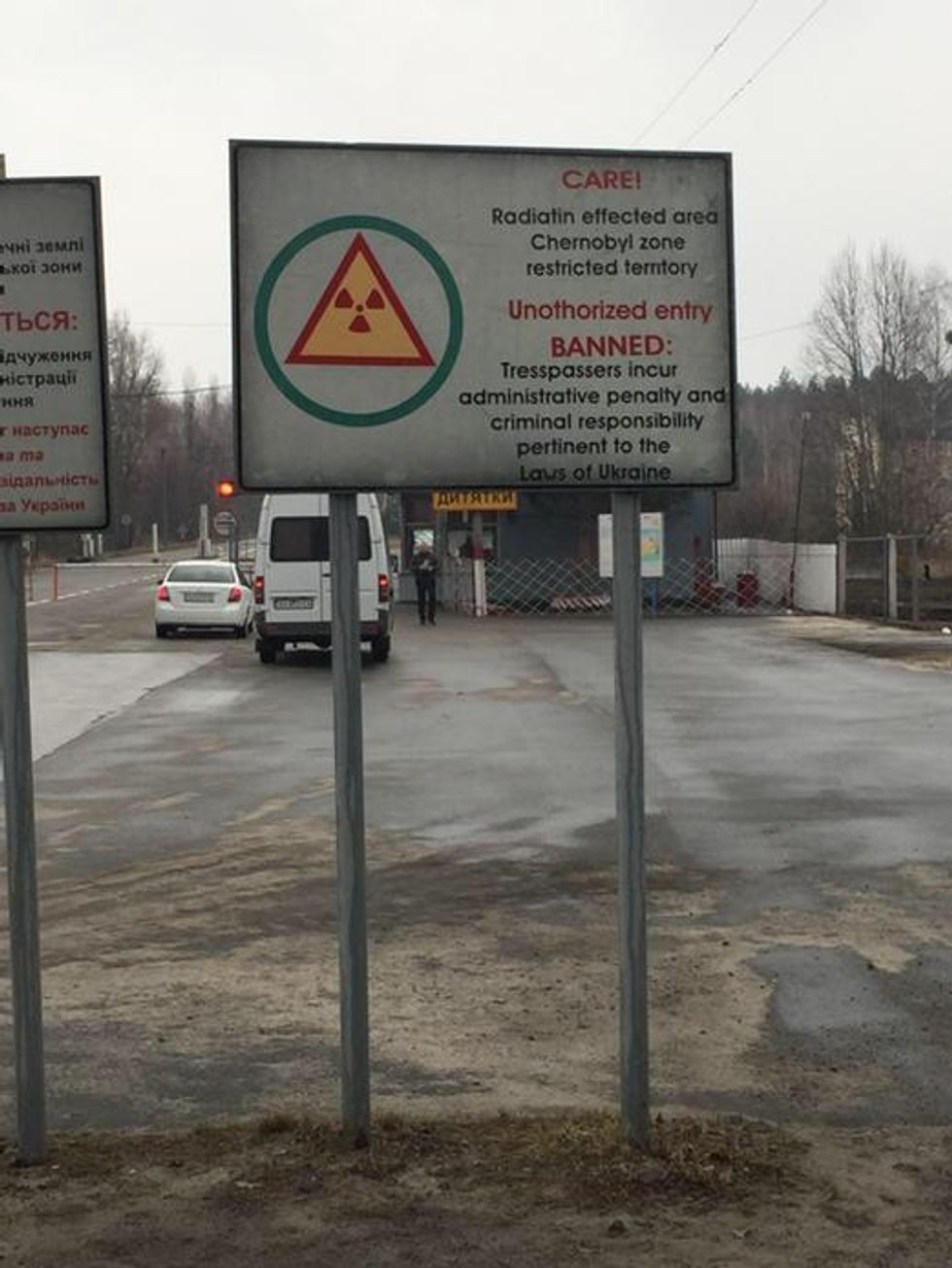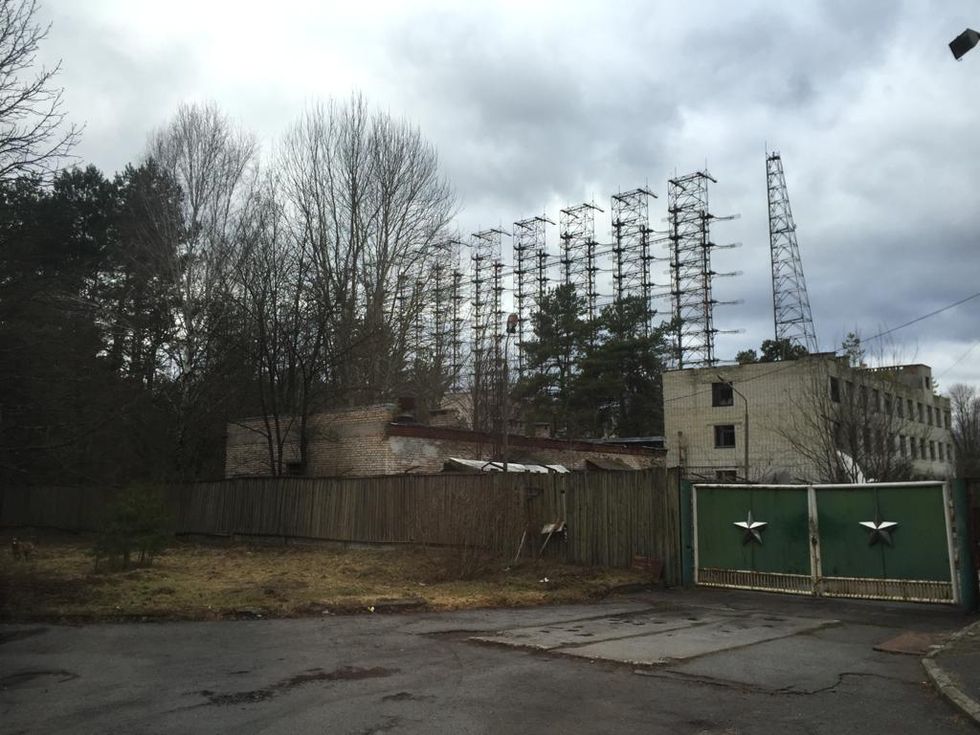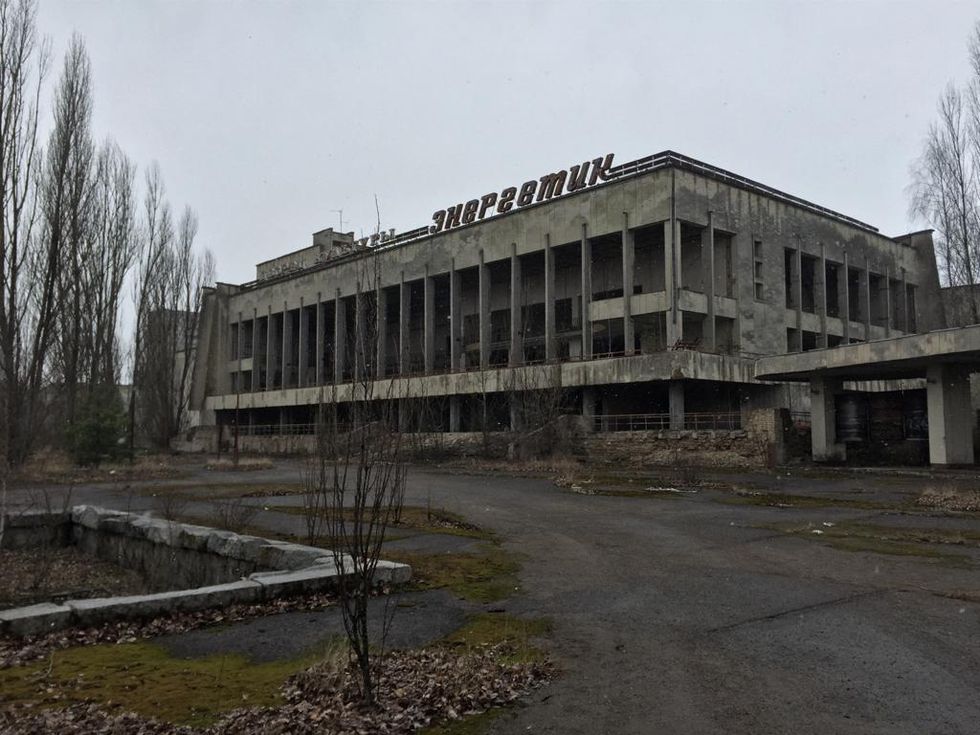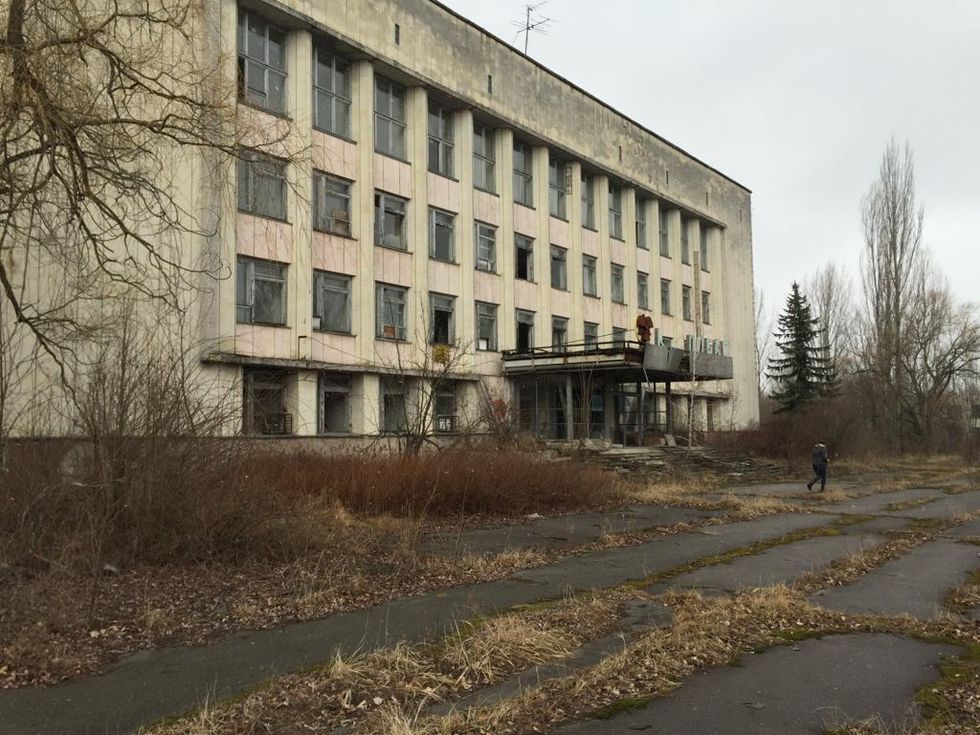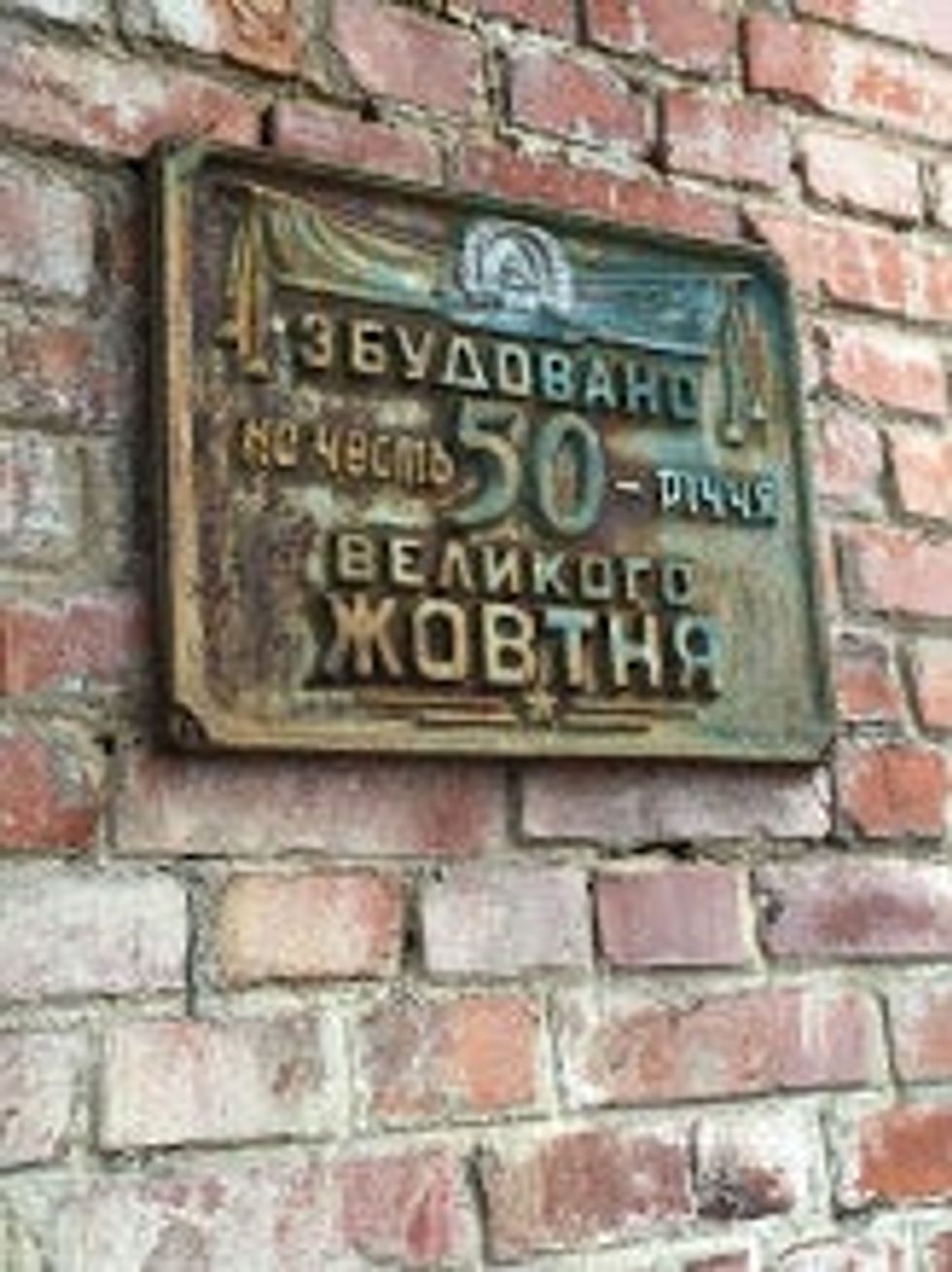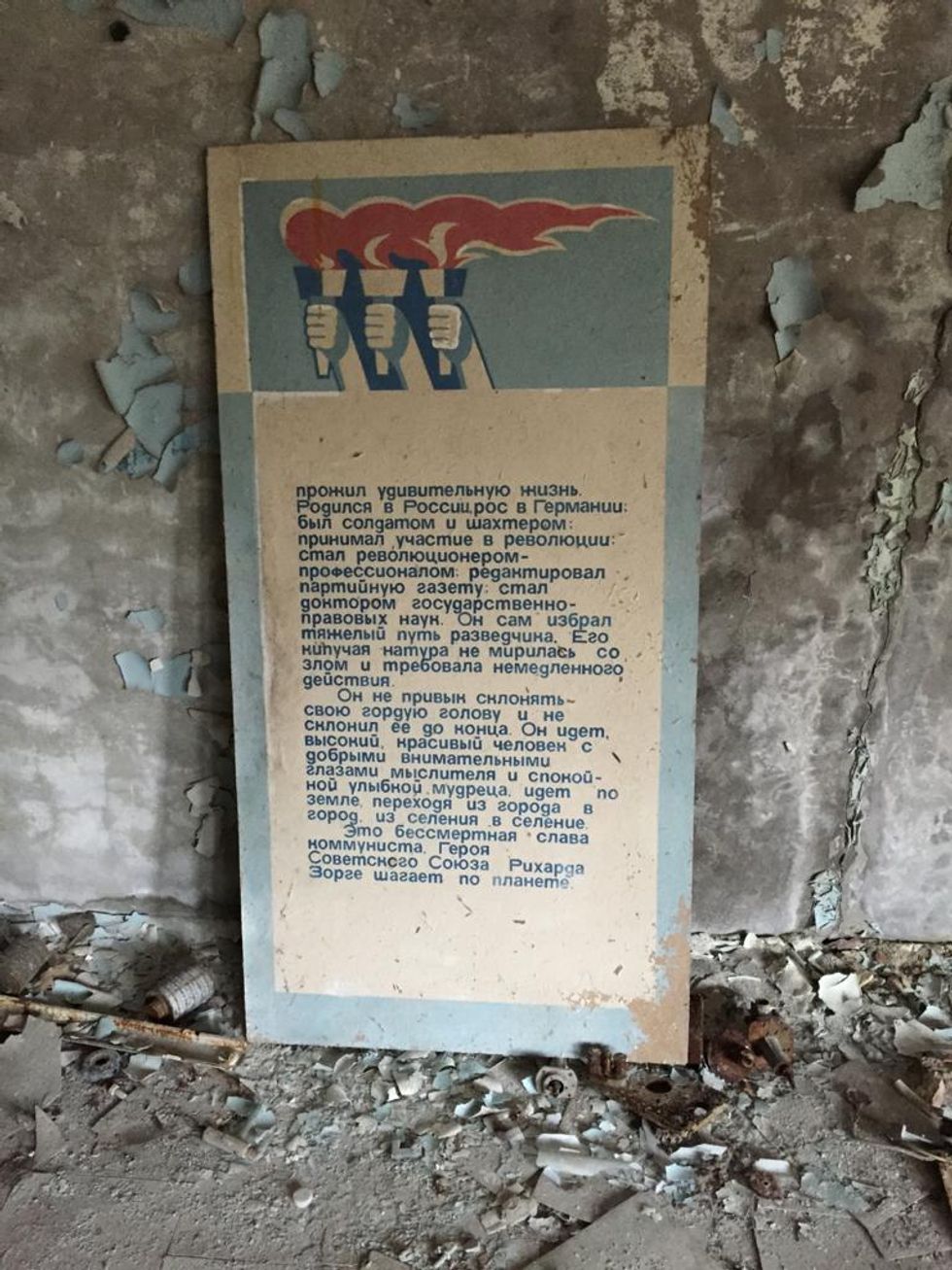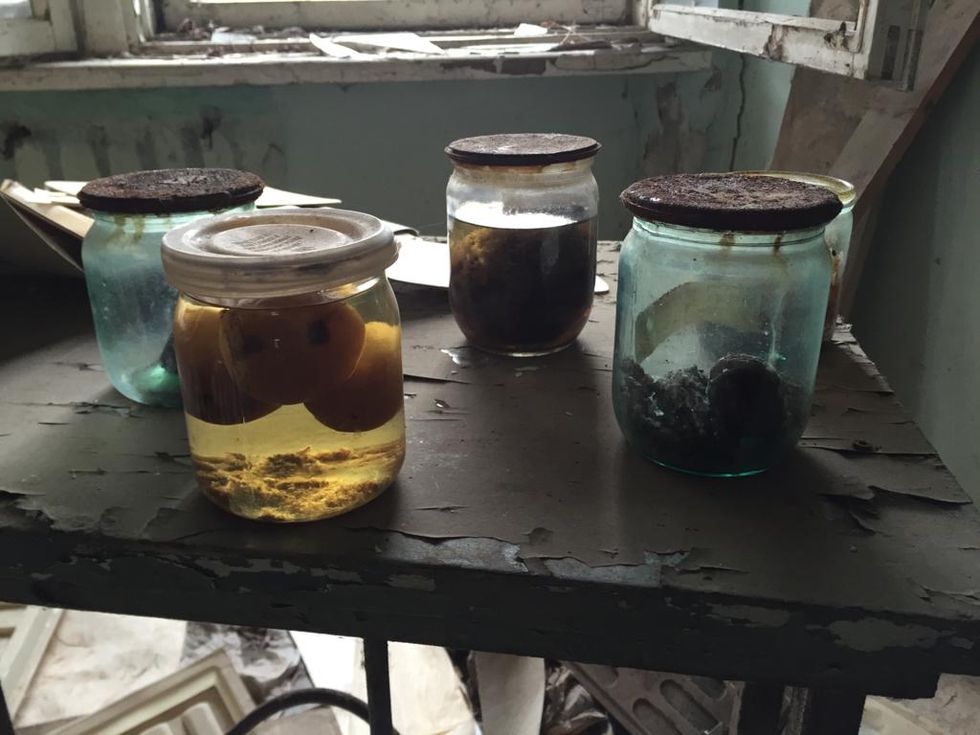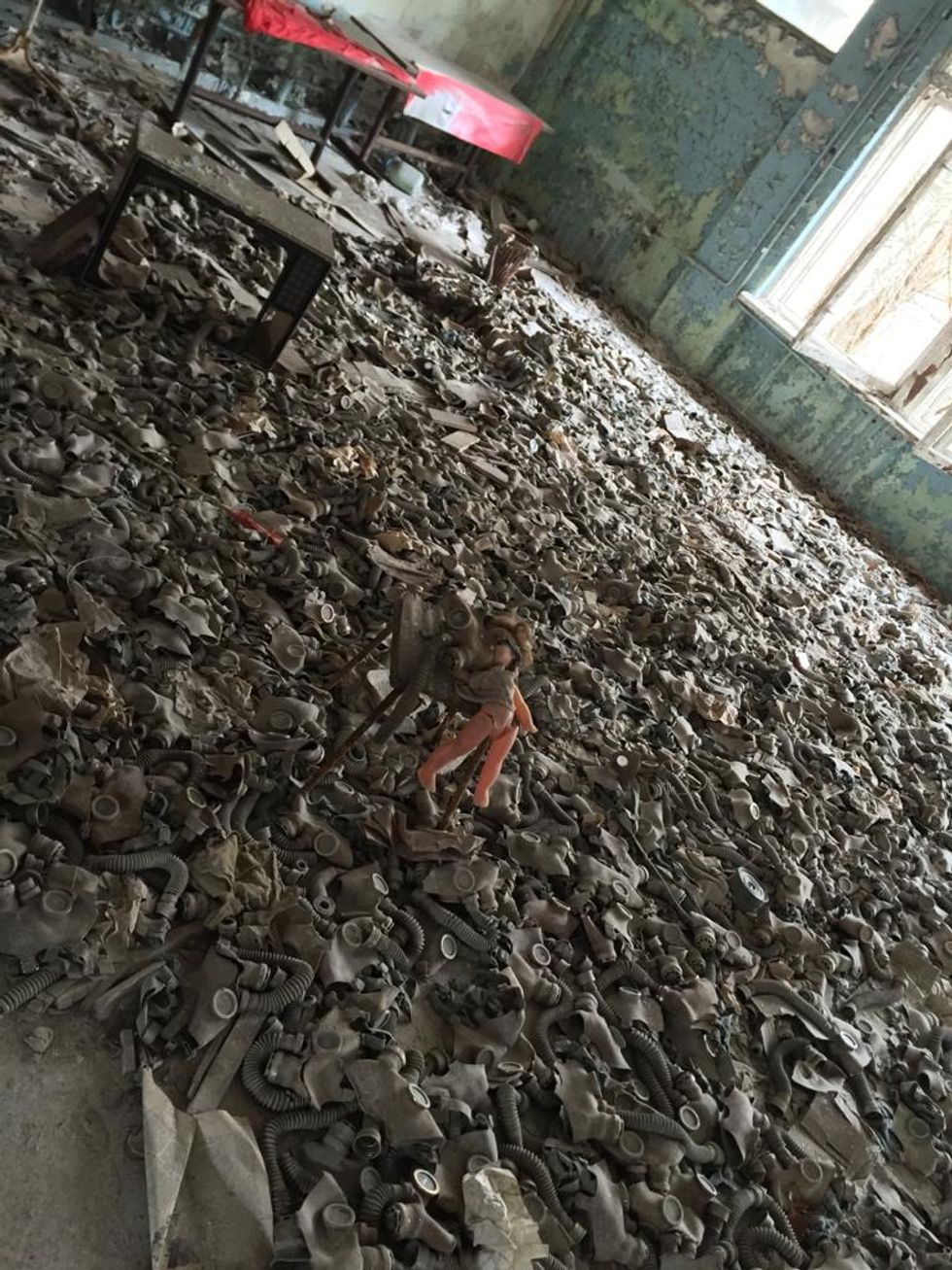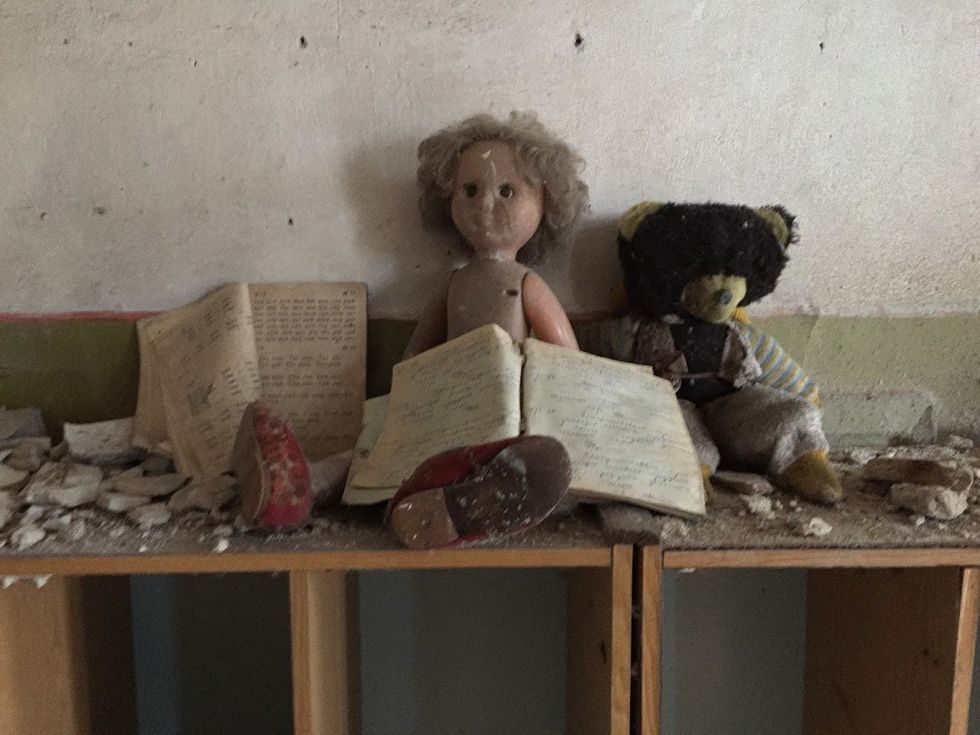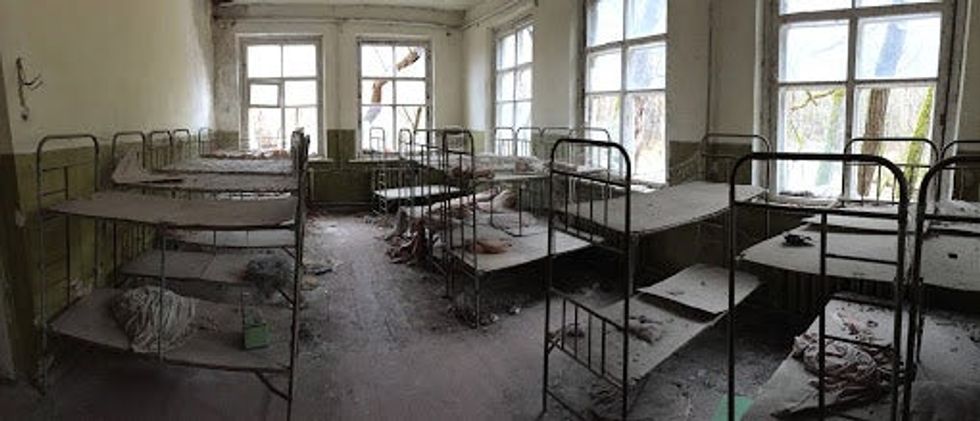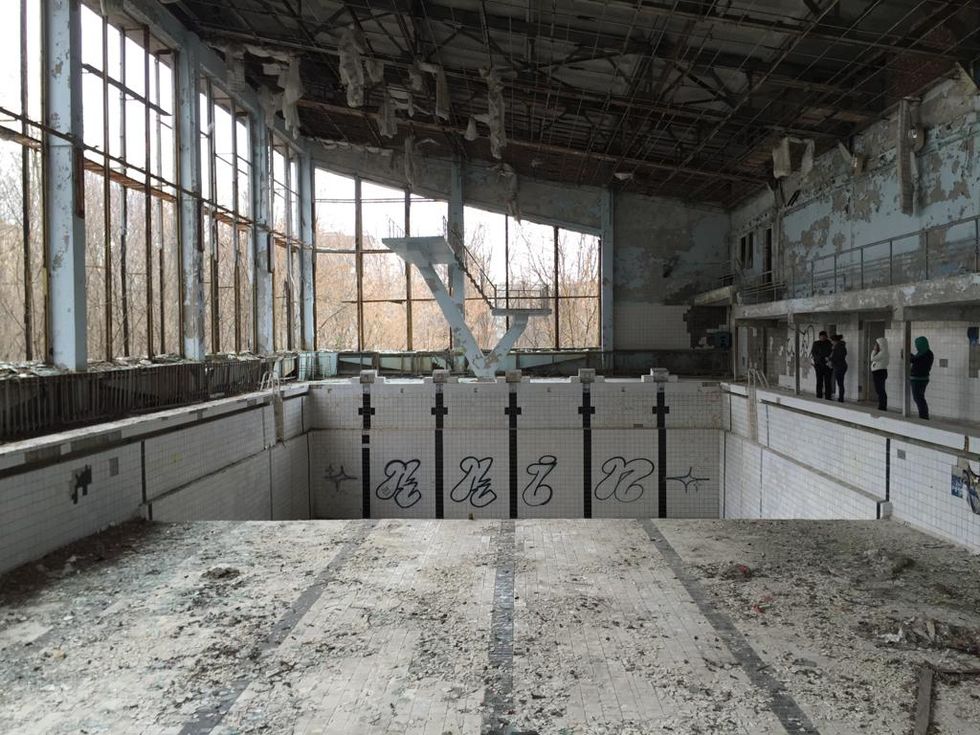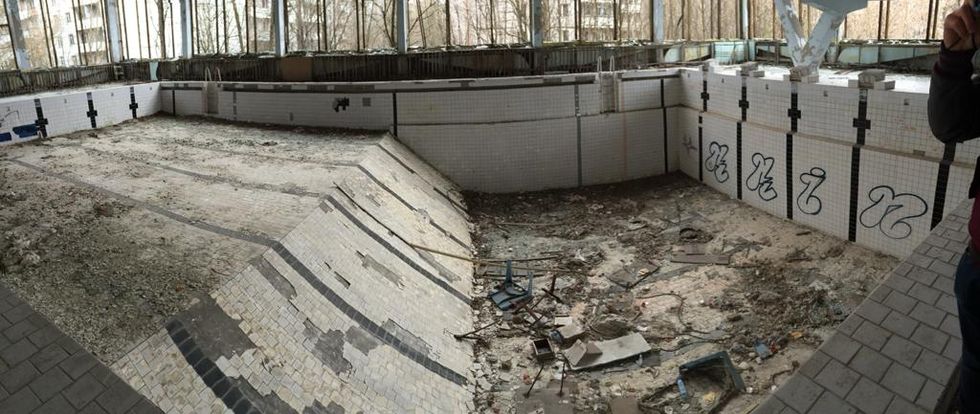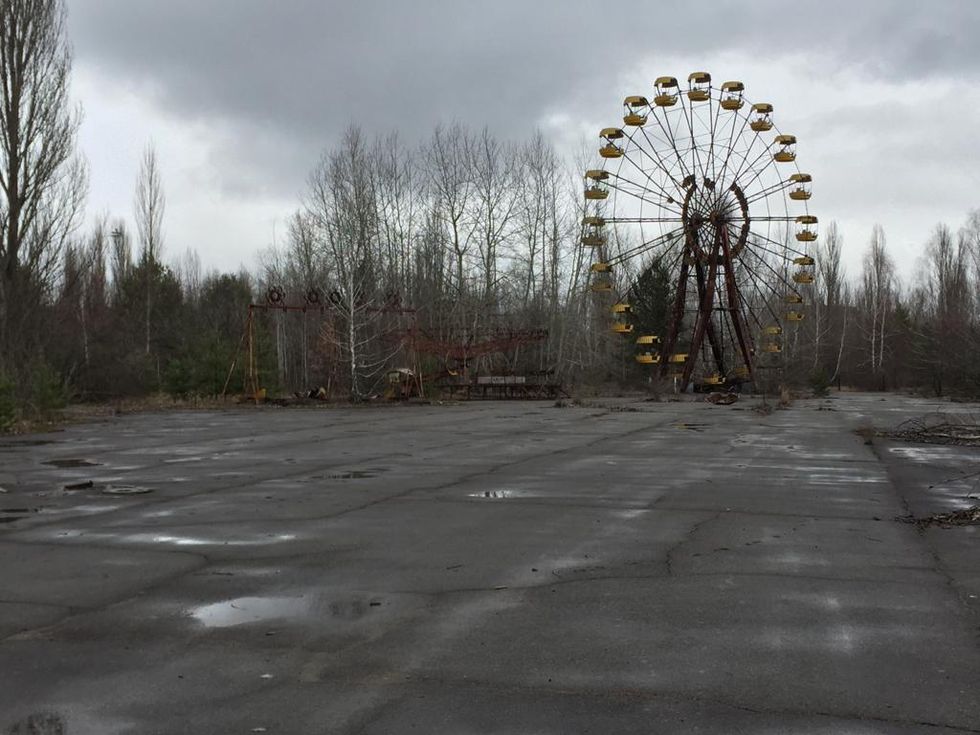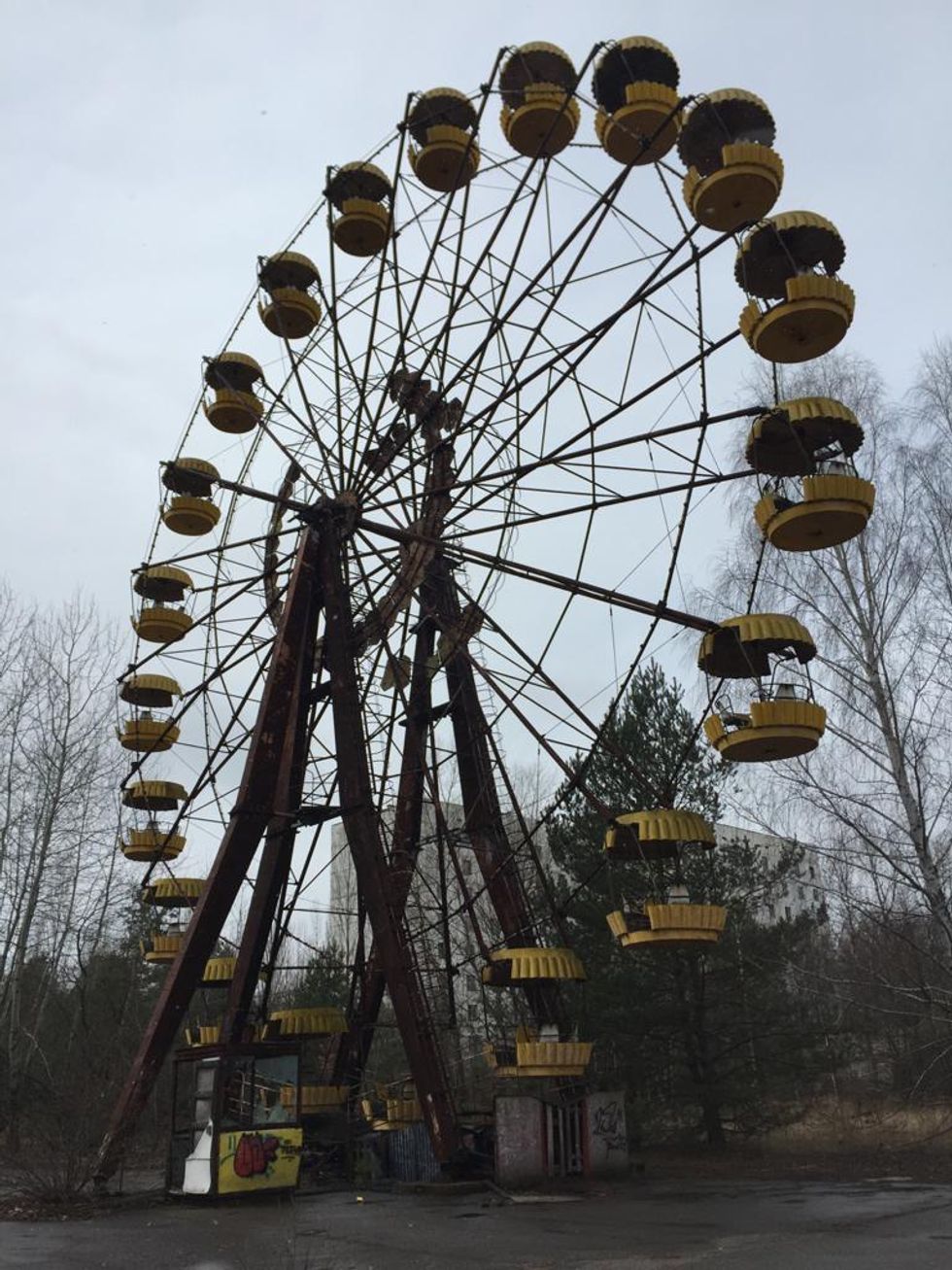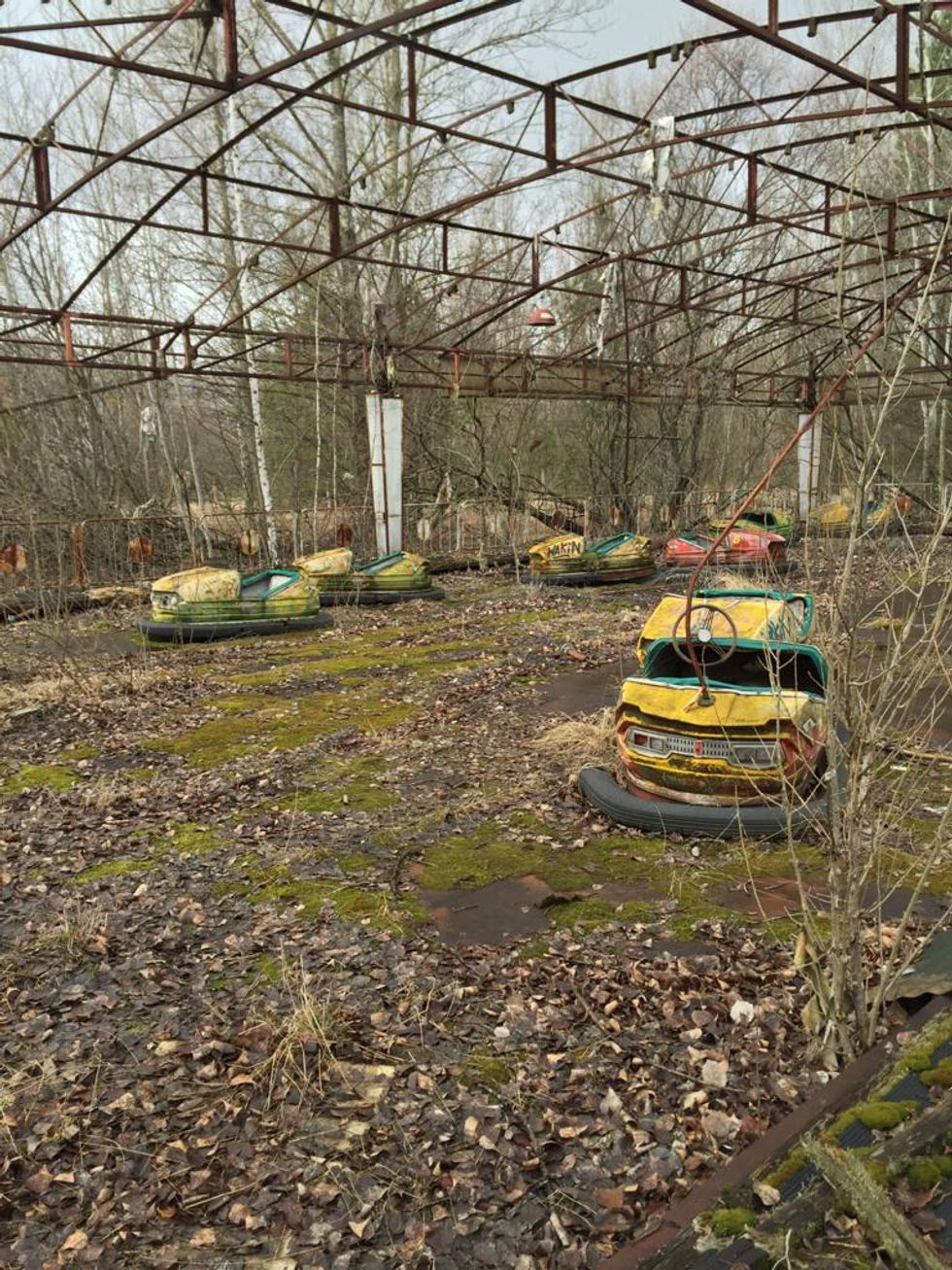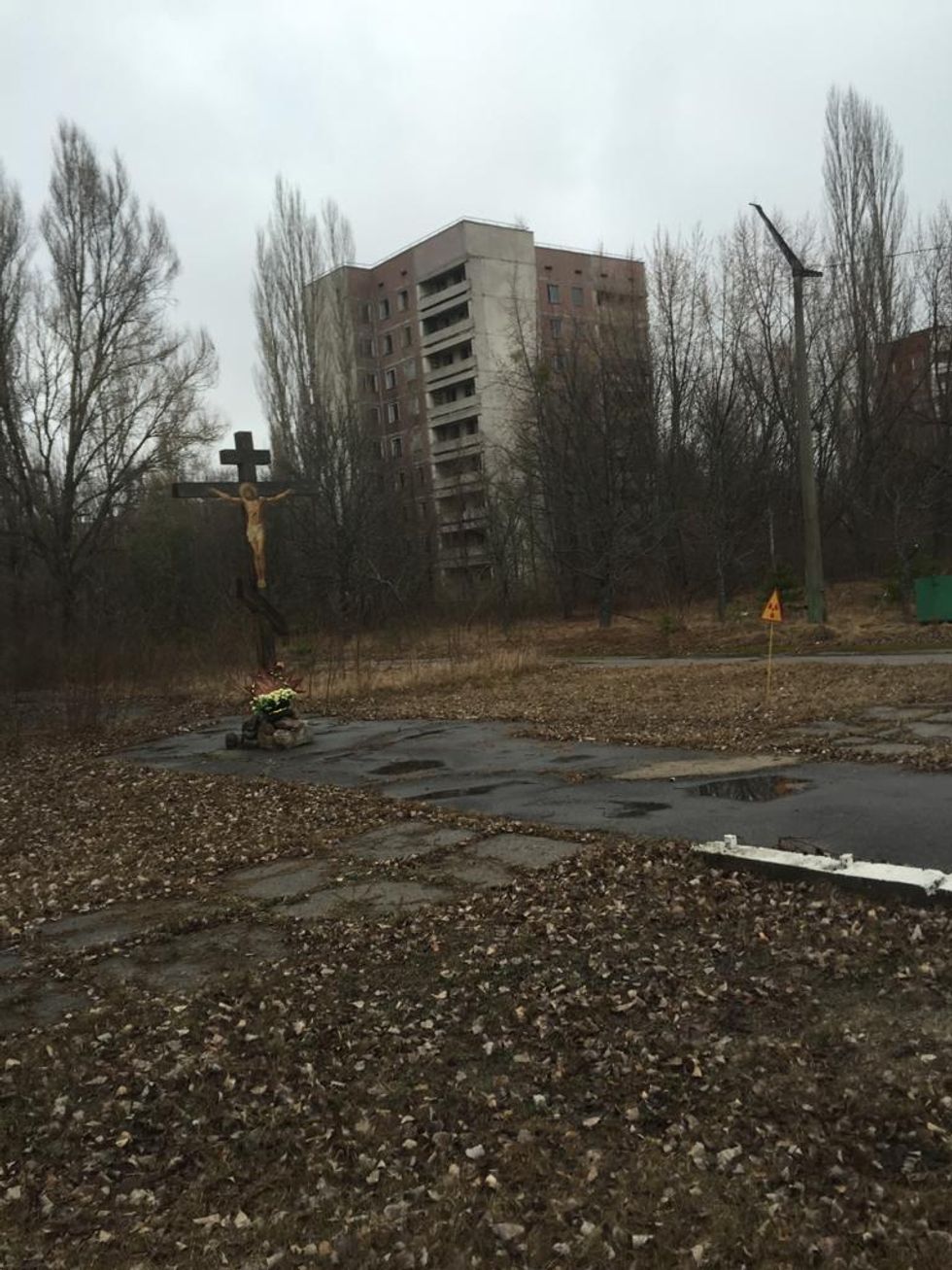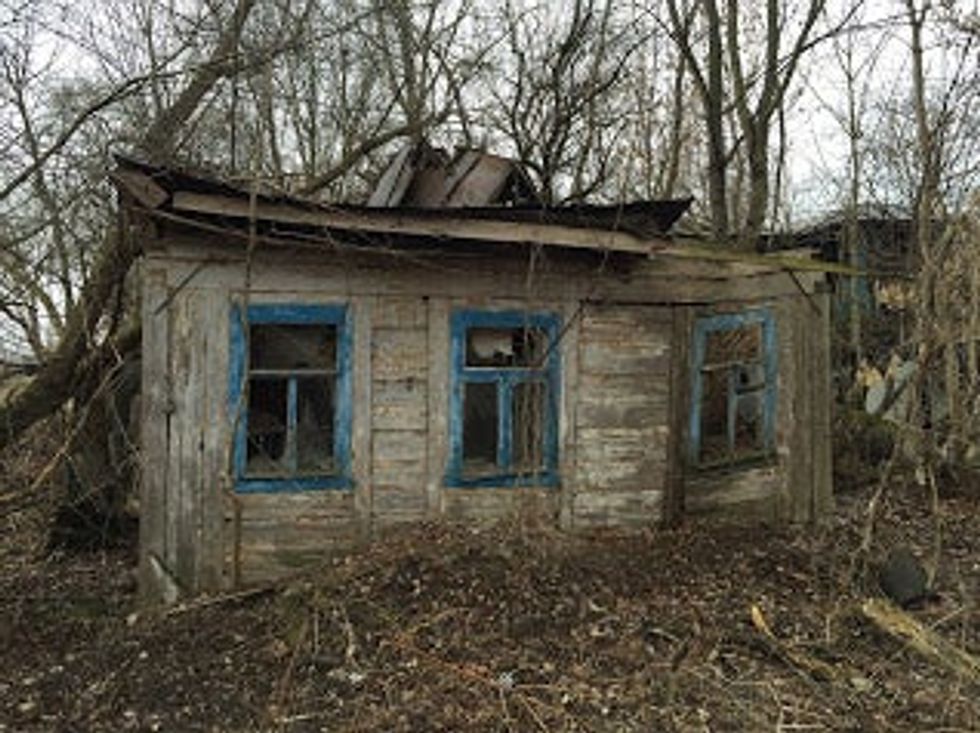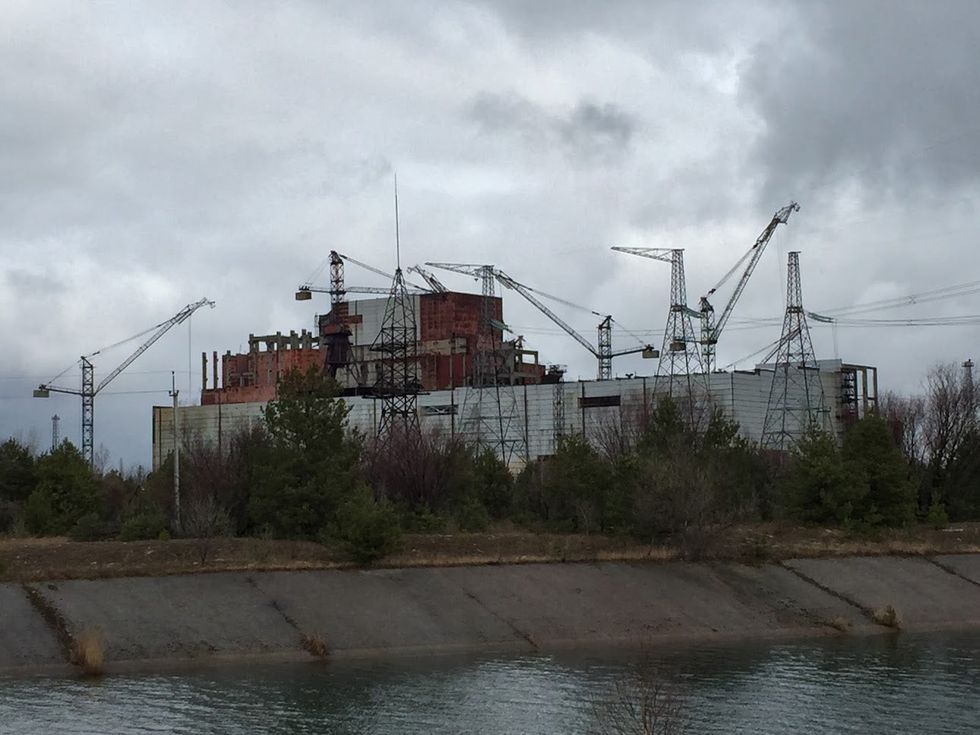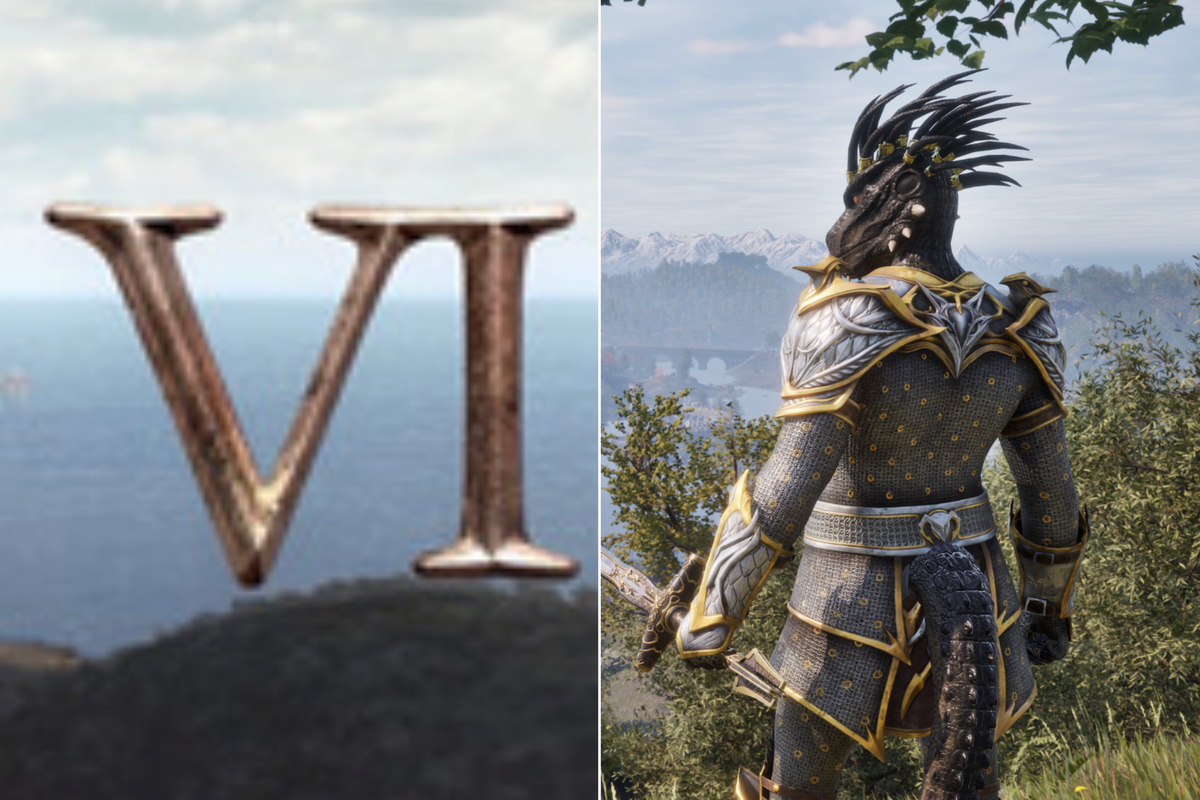It’s 35 years since the Chernobyl nuclear disaster changed the face of Europe and nuclear power forever.
The nearby town of Pripyat was abandoned hours after the meltdown of the Soviet nuclear reactor in 1986, rapidly crumbling and becoming an eerie ghost town in the centre of hundreds of square miles of abandoned land.
It’s possible to visit as a tourist, but it’s not easy. You’ll need to head to Kiev, Ukraine, then spend three hours driving with a guide - past a couple of military checkpoints - until the town of Pripyat engulfs you in all of its unsettling splendor.
Then, after weaving through sagging abandoned homes, gutted buildings, and ransacked schoolhouses, the silhouette of the destroyed reactor number 4 comes into view in the distance under slate-grey skies.
It’s a disturbing, poignant, unforgettable experience. These are some of the haunting images from a trip deep into Pripyat and beyond.
It all starts with checkpoints like these. There are two main ones, which are on a pair of exclusion zones around the nuclear site

Before Pripyat, a detour, to the Duga radar system which was created as an early-warning system for incoming missiles from the US. It was so powerful that it caused radio interference in the US which sounded like a woodpecker tapping. These pictures don’t accurately show the scale of it - it’s half the height of the Shard

Throughout the drive, the guide’s geiger counter click, click, clicks by his side. It’s sometimes hard to tell whether the warning chirps are getting more rapid. It feels that way


It’s hard to get a handle on what the leftover signage says - it’s all in Cyrillic. But the design is all distinctively Soviet


In a school, some mysterious objects floating in jars. Remnants of an old science lesson, perhaps?

In a nearby orphanage, a small doll lies among the debris

Is it obvious that at least some of this has been posed and arranged for tourists? Yes...

Rows and rows of beds fill one of the orphanage’s rooms

The gigantic Olympic-sized swimming pool is now just a graffiti-tagged hole in the ground


After exploring Pripyat’s buildings, we come to the fairground. It’s incredible to see the ferris wheel still standing - and mostly in-tact - so many years on


The bumper cars are also in impressive condition given the length of time they’ve been abandoned and exposed to the elements

A gnawing thought runs through your mind as the vehicle trundles through the area: What if we run out of fuel?

Modest looking homes have now sagged and started to cave in on themselves. In some, trees have grown up from the inside and started to slowly devour the empty homes

Finally, we reach the nuclear reactor itself. What you can see is the concrete ‘sarcophagus’ dumped on the reactor’s remains

These pictures were taken in 2015.
A nearby steel shell was under construction nearby at the time, by workers who operated in strictly controlled shifts.
It has now been placed on top of the concrete sarcophagus as a precaution against collapse or deterioration that could leak radiation.

